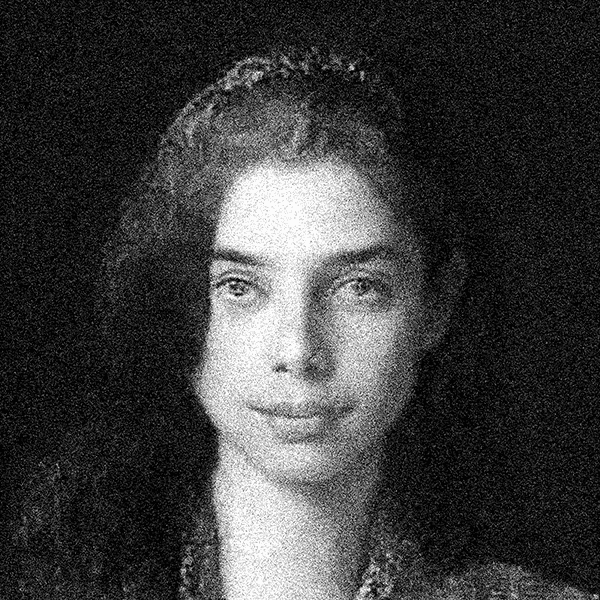In the bustling halls of Cambridge University’s Psychology Department, one name stands out among the esteemed faculty: Professor Brian Little. With his infectious enthusiasm and pioneering research, Little has become a pivotal figure in the field of personality psychology, challenging long-held beliefs and offering fresh insights into the human psyche.
A Journey into the Heart of Personality
Brian Little’s academic journey began at the University of British Columbia, where he earned his Ph.D. in psychology. His early work focused on personal projects—the pursuits and goals that individuals engage in as they navigate their lives. This research laid the foundation for what would become a career-long exploration of the intricacies of human personality.
Little’s approach to personality is both innovative and integrative. While many researchers in the field have focused on stable traits, such as those outlined in the Big Five personality model, Little argues that this perspective, while valuable, is incomplete. His work introduces the concept of “free traits,” suggesting that individuals can and often do act out of character in pursuit of personal projects they deem important.
The Personal Projects Analysis
One of Little’s most significant contributions to the field is the development of the Personal Projects Analysis (PPA). This methodology allows researchers and clinicians to examine the goals and activities that individuals are pursuing in their daily lives. By analyzing these projects, Little argues, we can gain a more comprehensive understanding of a person’s motivations, values, and overall well-being.
The PPA has been applied in various contexts, from organizational psychology to health research. It has proven particularly useful in understanding how people’s personal projects interact with their environments and how this interaction affects their mental and physical health.
Free Traits: Acting Out of Character
Perhaps Little’s most provocative idea is the concept of free traits. According to this theory, individuals can adopt behaviors that run counter to their innate dispositions when pursuing important personal projects. For example, an introvert might act in an extraverted manner when teaching a class they’re passionate about.
This concept challenges the traditional view of personality as fixed and immutable. Instead, Little proposes a more dynamic model where individuals have the capacity to shape their behavior in pursuit of meaningful goals. This perspective has profound implications for personal development, education, and organizational behavior.
Impact on Well-being & Mental Health
Little’s research also delves into the implications of personal projects and free traits on well-being and mental health. He argues that while acting out of character can be beneficial in pursuing important goals, it can also lead to stress and burnout if sustained for too long without adequate restoration.
This insight has practical applications in various fields, from workplace management to clinical psychology. It suggests that individuals and organizations need to balance the pursuit of important projects with opportunities for restoration and alignment with core personality traits.
A Charismatic Educator & Speaker
Beyond his research, Little is renowned for his engaging teaching style and public speaking abilities. His lectures at Cambridge and conferences worldwide are often standing-room-only affairs, with audiences drawn to his unique blend of scientific rigor, personal anecdotes, and humor.
Little’s ability to communicate complex psychological concepts in an accessible and entertaining manner has made him a popular figure beyond academic circles. His 2016 book, “Me, Myself, and Us: The Science of Personality and the Art of Well-Being,” brought his ideas to a broader audience, cementing his status as a public intellectual in the field of psychology.
Ongoing Research & Future Directions
At Cambridge, Little continues to push the boundaries of personality psychology. His current research focuses on the intersection of personal projects, free traits, and well-being in various cultural contexts. He is particularly interested in how digital technologies and social media are shaping personal projects and expressions of personality in the 21st century.
As he looks to the future, Little remains committed to developing a more nuanced and comprehensive understanding of human personality. His work continues to inspire a new generation of researchers and practitioners, challenging them to consider the complex interplay between stable traits, personal projects, and the dynamic expression of personality in everyday life.
Conclusion
Professor Brian Little’s contributions to the field of personality psychology have been nothing short of transformative. By introducing concepts like personal projects and free traits, he has expanded our understanding of human nature and opened up new avenues for research and application.
As we continue to grapple with questions of identity, motivation, and well-being in an increasingly complex world, Little’s work provides a valuable framework for understanding the richness and flexibility of human personality. His legacy at Cambridge University and beyond serves as a testament to the power of innovative thinking and the enduring fascination of the human psyche.
Through his research, teaching, and public engagement, Brian Little has not only advanced our scientific understanding of personality but has also offered practical insights that can help individuals lead more fulfilling and authentic lives. As he often reminds his students and readers, understanding personality is not just an academic pursuit—it’s a key to unlocking human potential and fostering personal growth.







